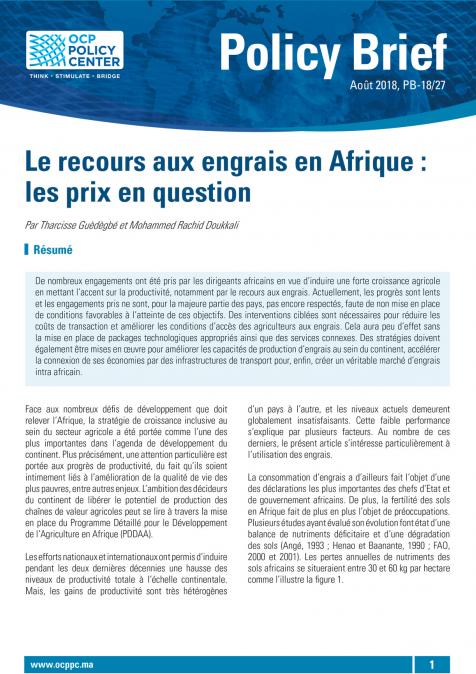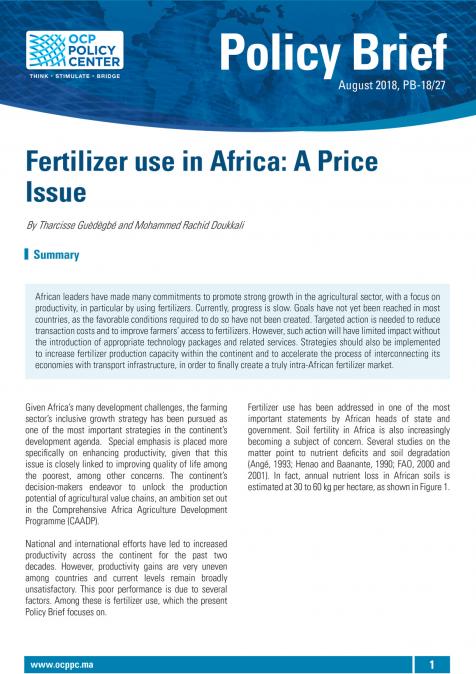حديث الثلاثاء : العلاقات المغربية الألمانية في ضوء السياسة الخارجية الألمانية الجديدة
يخصص مركز السياسات من أجل الجنوب الجديد حلقة برنامجه الأسبوعي "حديث الثلاثاء" لمناقشة العلاقات المغربية الألمانية في ضوء السياسة الخارجية الألمانية مع الأستاذ زكرياء أبو الذهب، أستاذ العلاقات الدولية بجامعة محمد الخامس
نجح المغرب وألمانيا على مر السنين في إقامة تعاون عميق ومثمر في عدة مجالات: التجارية، الاجتماعية، والثقافية، الطاقة والمناخ. كما يلعب البَلدَان دورًا مهمًا في استقرار وتطوير العلاقات الأوروبية الأفريقية.
بعد أزمة دبلوماسية طالت لأكثر من ستة أشهر، جدد المغرب علاقته الدبلوماسية مع ألمانيا بقيادة حكومة فيدرالية جديدة، والتي تدعو إلى سياسة خارجية مختلفة. وفي هذا الصدد يسعى المغرب وألمانيا معاً لتعويض الوقت الضائع وكدى تسريع تنفيذ المشاريع الناجحة لصالح البلدين.
نعود خلال هاته الحلقة إلى تقييم العلاقات الدبلوماسية بين المغرب وألمانيا بشكل عام، نبذة من أولويات هذه المرحلة الجديدة من العلاقات بين المغرب وألمانيا، وكدى ملامح السياسة الخارجية الجديدة لألمانيا. سنحلل العلاقة المغربية الألمانية في ضوء السياسة الخارجية الألمانية الجديدة، مع التركيز بالخصوص على الدور الذي سيلعبه كلا البلدين في تعميق التعاون بين أفريقيا وأوروبا، أسئلة وغيرها نناقشها مع الأستاذ زكرياء أبو الذهب، أستاذ العلاقات الدولية بجامعة محمد الخامس.






